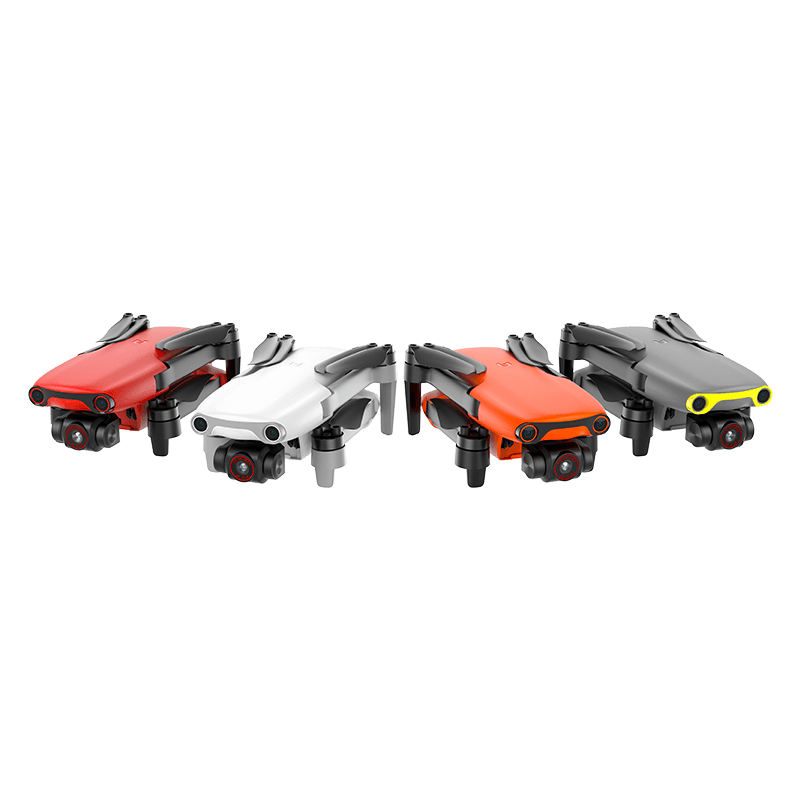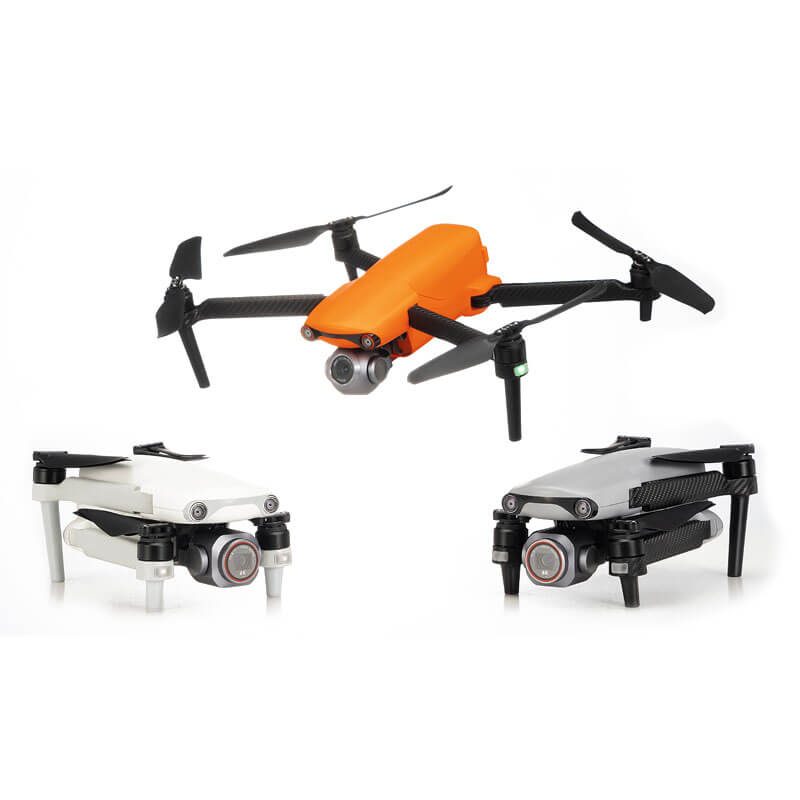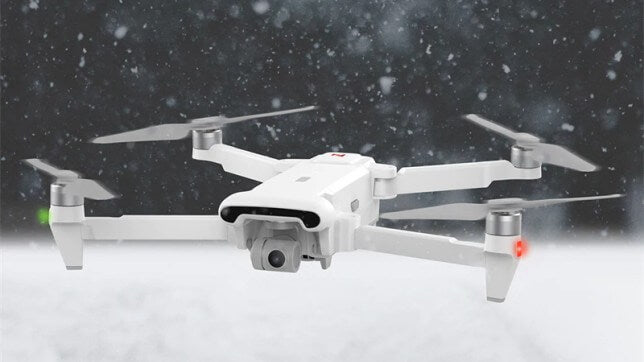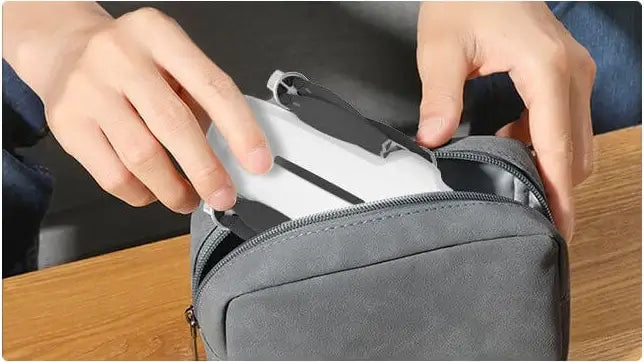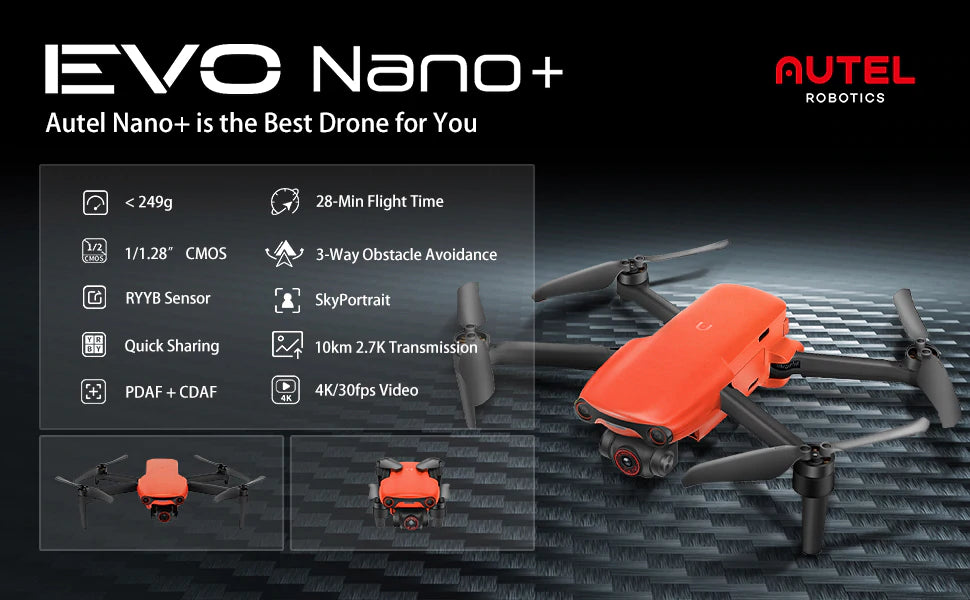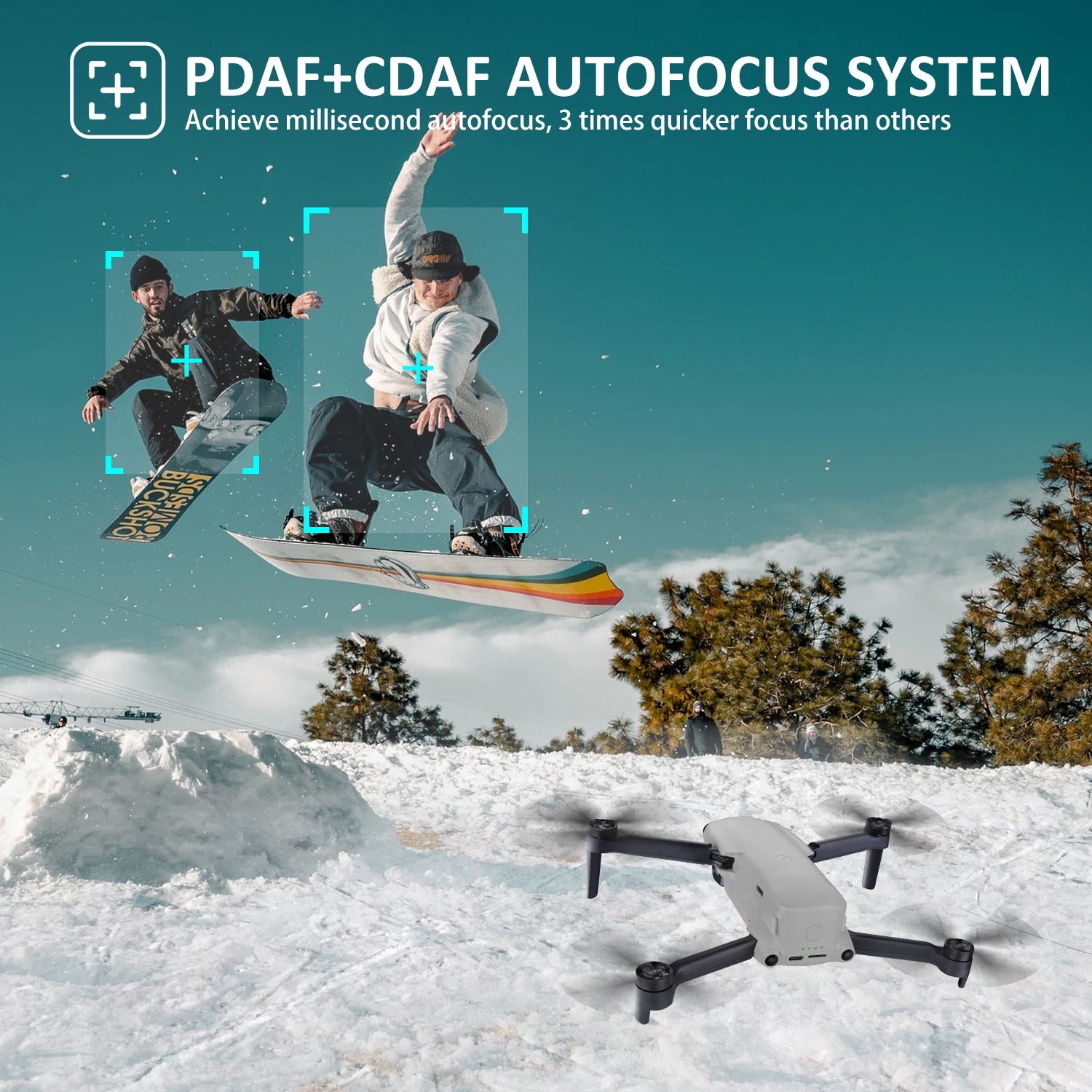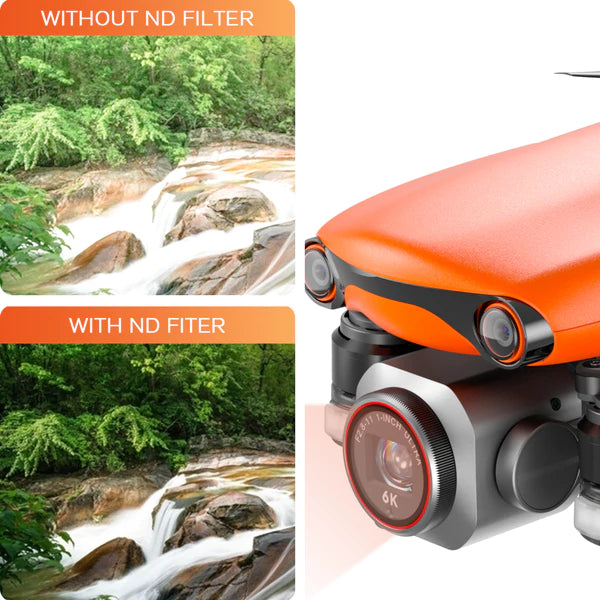Autel Targets DJI with Stripped-down EVO Drone
The four new EVO Nano and Lite models on display at CES, which debuted last year, should spark some competition to keep rival DJI on their toes.
Autel Robotics has become a leading brand in the drone industry in recent years. Autel Robotics continues to expand its line of camera drones to better rival market leader DJI. Whether it is a consumer-grade drone or an enterprise-grade version of the drone, it has excellent performance, enough to compete with DJI.
EVO Nano and Lite Series Win Red Dot Awards
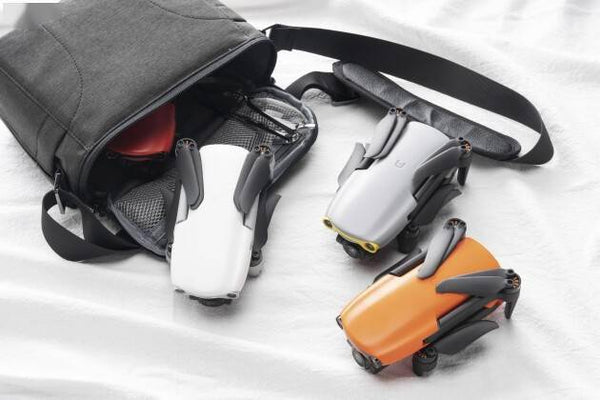
At the CES show in 2022, the appearance of EVO Nano and Lite models and the appearance of the German Red Dot Design Award attracted countless people, and technological innovation will always be a highlight of electronic products. Foldable mini drone models, each available in a standard version, or a Plus version with an upgraded camera.
The EVO Nano, like the EVO Lite and EVO II series, has fewer flight restrictions built into the drone than DJI's models, adding to its appeal to pilots who don't want to deal with geofencing and locked flights. Pilots need to be extra careful to ensure they are flying within the permitted airspace.
The Autel EVO Nano Series is A DJ Air Competitor
The EVO Nano is one of the smallest consumer camera drones, a direct competitor to the DJI Mini 2 in drone size and size. It has a take-off weight of 249 grams, so there is no need to register the drone with the FAA to legally fly it in the US. But in terms of drone performance and camera specs, the EVO Nano is simply too good, and even the EVO Nano Plus is a competitor to the Air2S.
In general, the larger the sensor, the better the image resolution. While the EVO Nano has the same size sensor as the DJI Mavic Air 2, both drones produce 48-megapixel images. In stark contrast, the DJI Mini 2 is equipped with a much smaller 1/2.3-inch sensor, so, more generally, the EVO Nano is a strong opponent of the DJI Mavic Air 2, and even kills the DJI Mini 2.
Camera Specifications of the Small Air Vehicle EVO Nano
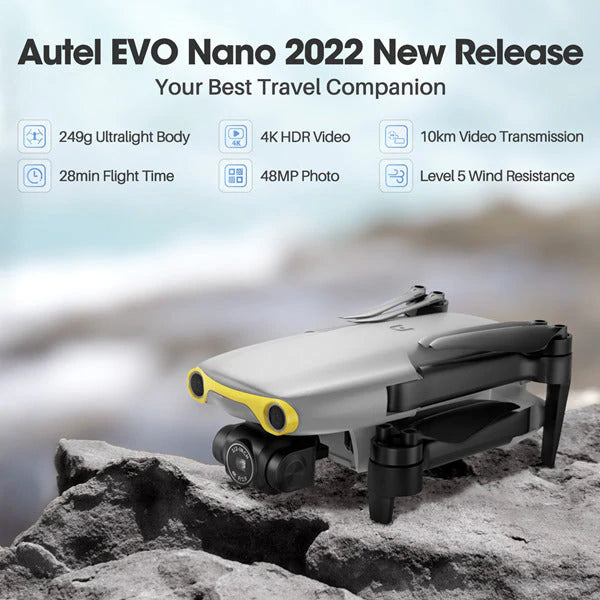
The Nano is small, with folding arms, and a battery that can keep you flying for up to 28 minutes at a time. Stabilized via 3-axis gimbal including forward, backward and downward obstacle sensors, 1/2" image sensor, support for 4K30 video and 48MP stills, fixed focus optics, F2.8 lens, HDR photos and blur Background portrait mode options.
The Nano+ sensor is 1/1.28-inch class, the lens uses an F1.9 aperture, collects twice as much light as F2.8, and eschews the standard RGGB Bayer color filter array for the RYYB design. It uses a yellow filter instead of green to interpolate color images, and promises a 40 percent increase in light collection efficiency. Additionally, the Nano+ features focusable optics, an onboard hybrid contrast and phase detection autofocus system.
It can be said that the performance of the EVO Nano is closer to the camera of the mid-range Mavic Air 2. You can choose to upgrade to the Nano+, or purchase the Nano+ Premium bundle for longer flight time and a carrying case.
The EVO Nano Premium Bundle is packed with surprises
All drones can be purchased in the basic package of the drone, a battery, charger, remote control and spare props. However, we always recommend buying upgrade bundles like DJI's Fly More Bundle and Autel EVO Nano's Premium Bundle, as they both come with three batteries, a multi-charger, spare props, and a well-made carrying case.
Weighing the best drone, considering the drone's obstacle avoidance, autonomous mode, maximum distance, the EVO Nano has a better camera, better real-time feed and obstacle avoidance. In fact, the only areas where the Mavic Air 2 beats the Autel EVO Nano is battery life and top speed. But this difference is negligible. Click to snap up the Autel drone deal and choose your investment.

